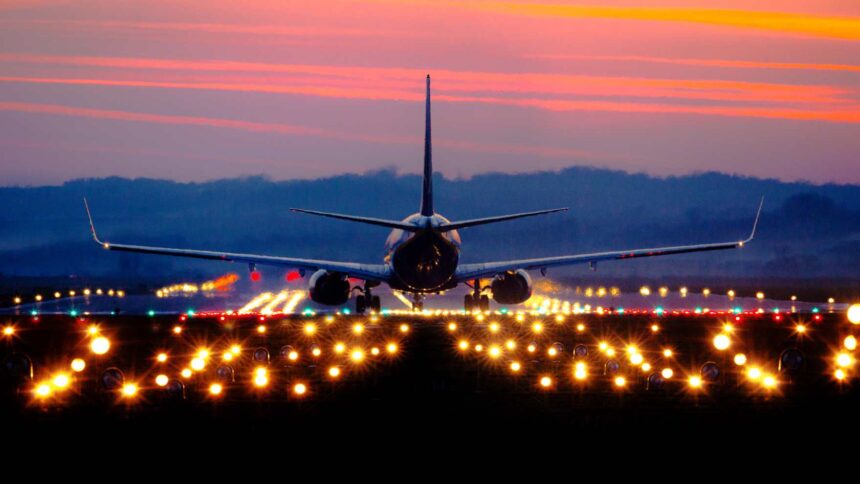(SQAUK) – Boeing has faced several challenges in recent years, which have tested its operational integrity and raised doubts about its commitment to safety and transparency. The whistleblowers, brave employees who have exposed crucial safety concerns within the organization, have been at the heart of these challenges. Unfortunately, the deaths of two such individuals have brought this issue to the forefront, prompting questions about the cost of speaking out and the actual price of safety.
The story of the Boeing whistleblowers is one marked by courage and selflessness. These individuals, many of whom work in quality control or engineering, identified inconsistencies and potential hazards in the manufacturing process of Boeing aircraft. Despite the potential risk to their careers and personal lives, they decided to speak up, believing that the flying public’s safety was paramount.
The recent passing of two brave individuals has reminded us of the high stakes involved in their work. Joshua Dean, aged 45, died from a mysterious infection, and John Barnett, aged 62, died by suicide. These unfortunate events have caused grief and reignited interest in the safety concerns they fought for.
Following recent events, there has been a noticeable rise in whistleblowing activity within Boeing. Ten more individuals have come forward, echoing previous concerns regarding the company’s approach to safety and how it handles such matters. This increase in activity suggests the existence of a persistent culture within Boeing that may discourage transparency and prioritize deadlines and cost-saving over maintaining stringent safety standards.
The implications for Boeing are significant. The company is grappling with 32 whistleblower claims, highlighting a pattern of alleged retaliation against those who have raised their voices. The Occupational Safety and Health Administration (OSHA) has received these complaints over the past three years, indicating a systemic issue that Boeing must address.
Boeing is facing significant challenges that require the company to reevaluate its safety and whistleblower protection approach. It is crucial to the aviation industry that the voices advocating for the well-being of passengers and crew are not silenced. The legacy of the whistleblowers who lost their lives must remind them of the importance of transparency and accountability, leading to a renewed commitment to these values.
The story of the Boeing whistleblowers powerfully reminds us of the devastating consequences of corporate negligence. It serves as a wake-up call for companies to create an environment where safety concerns are heard and acted upon. As we honor the memory of those who spoke up, we must take concrete steps to ensure their warnings lead to tangible change. This will help to protect the future of air travel and the safety of all passengers.



